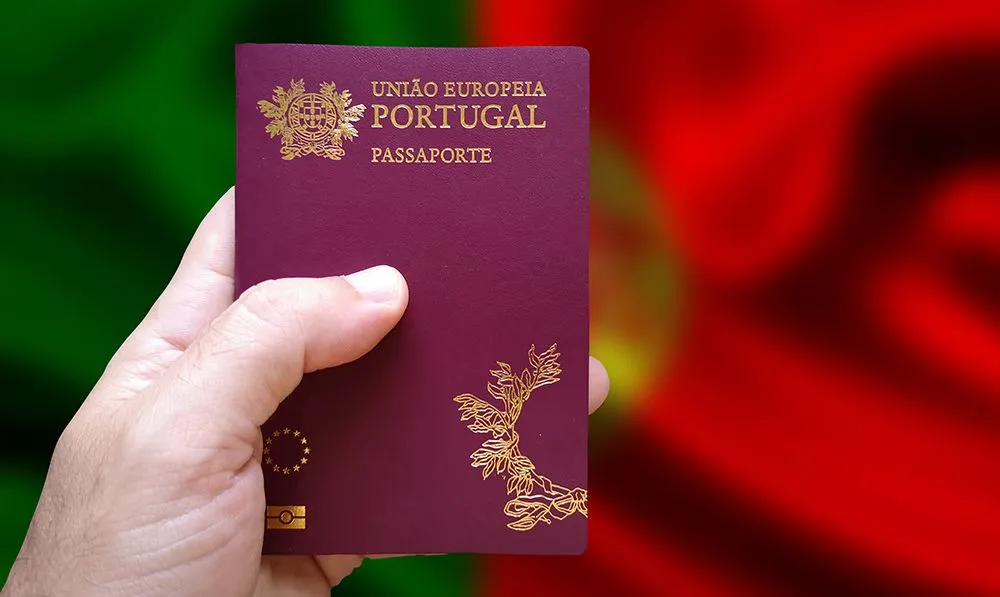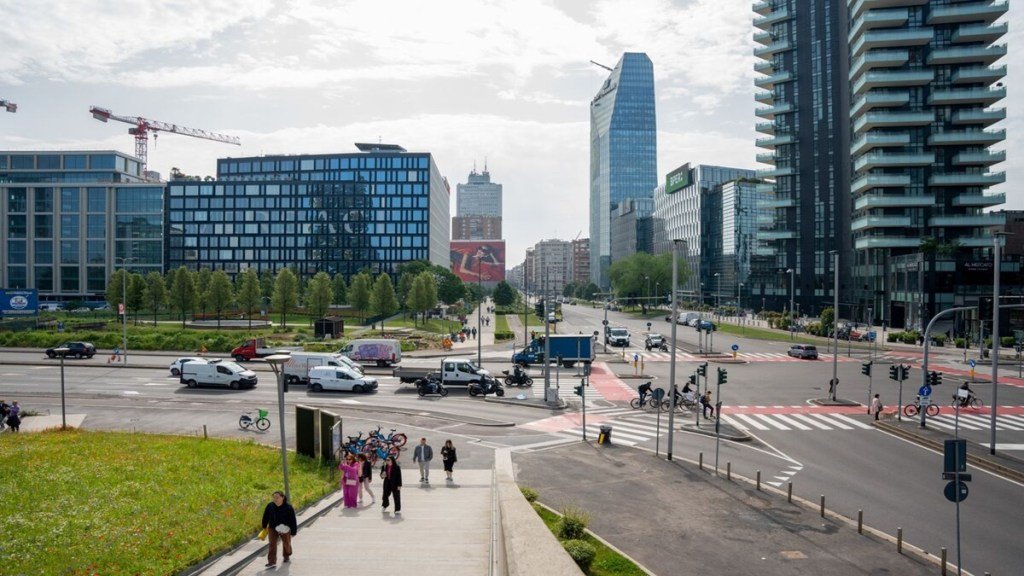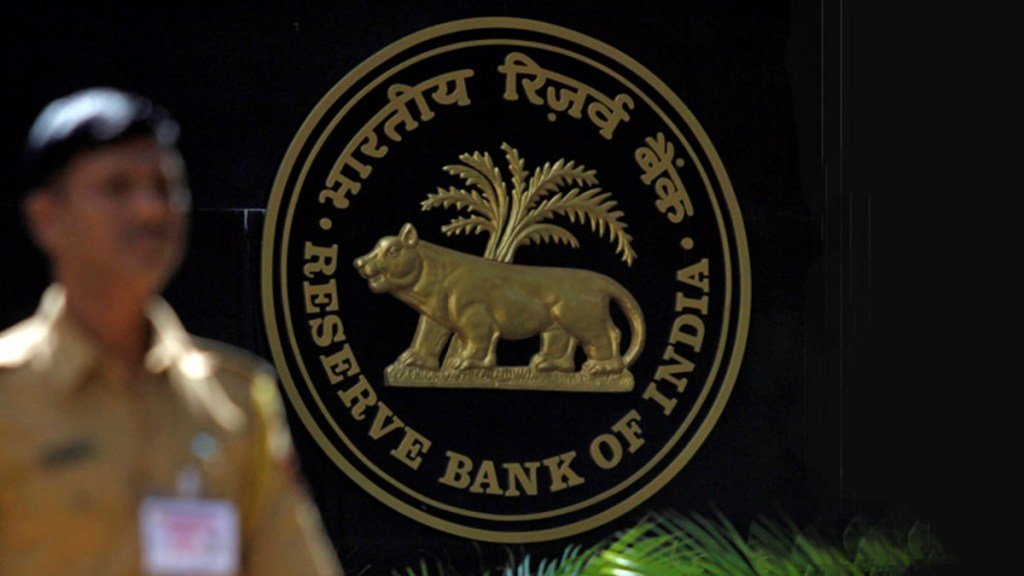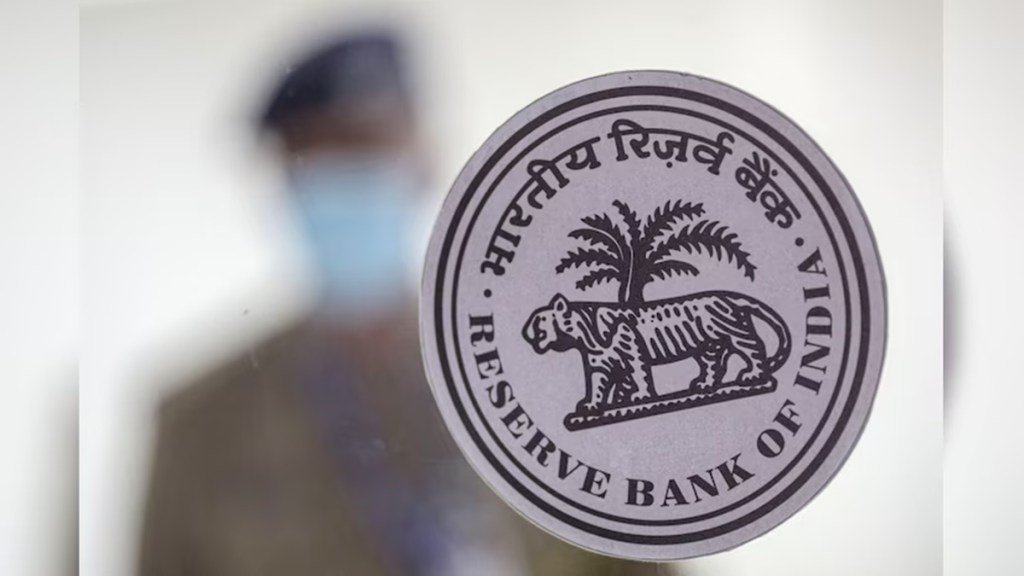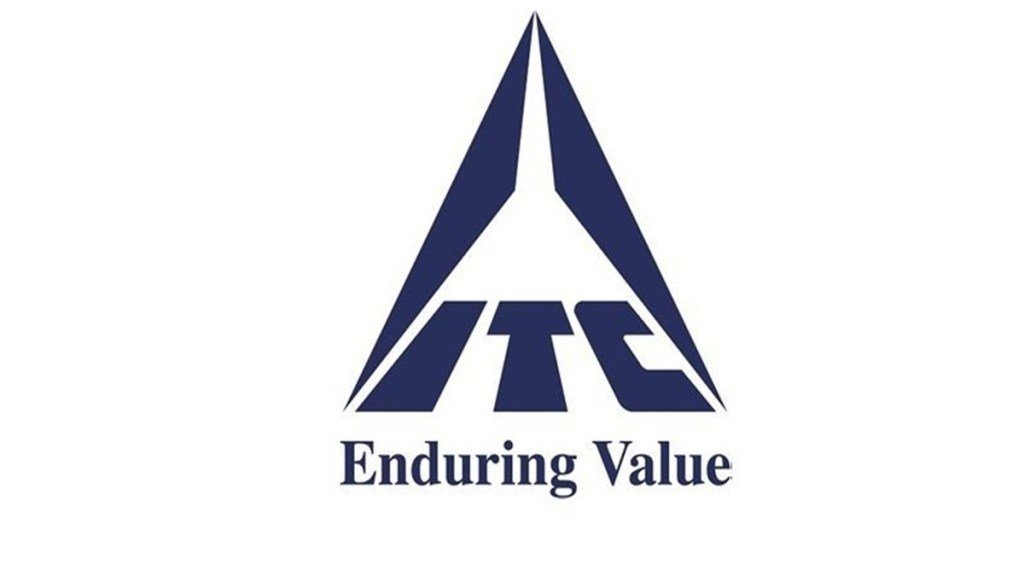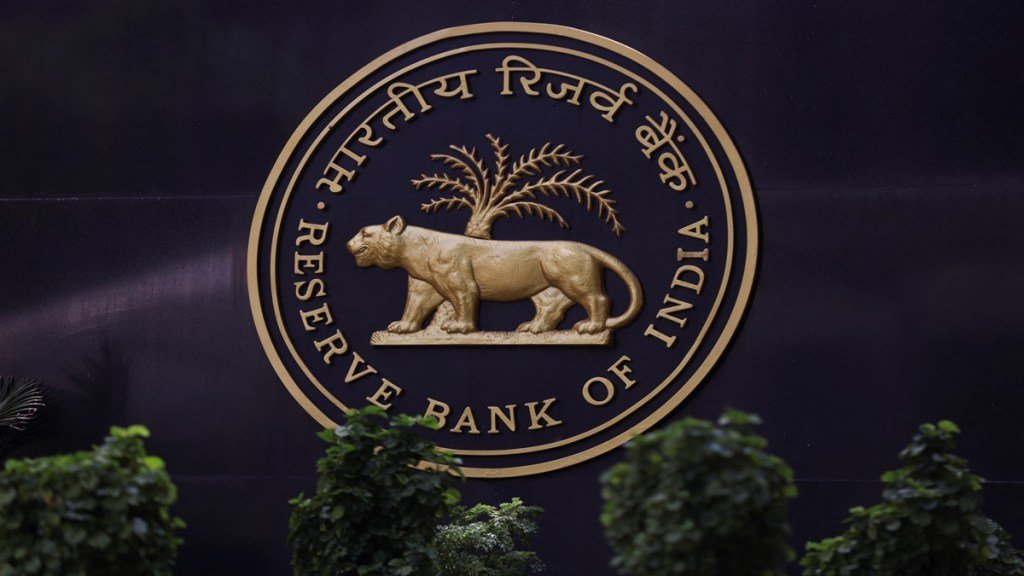
For international students studying in the UK or planning to enroll, the Graduate Route visa has traditionally been a key part of the post-study journey, offering a pathway to gain work experience after completing a degree. However, in 2025, the UK government implemented major changes that reshape the visa’s structure, eligibility, and associated requirements. These updates require students to plan more carefully and align their academic and career goals with new immigration expectations.
As of May 2025, the duration of the Graduate Route visa for bachelor’s and master’s degree holders has been reduced from two years to 18 months. Doctoral graduates, however, continue to receive a three-year post-study stay. This change aims to shorten the transition period while encouraging faster integration into the UK labor market or a shift to longer-term visa routes.
Another key development is the introduction of a financial levy. Universities in the UK are now required to pay a 6% levy on the tuition fees of international students. This policy, projected to generate significant annual costs for institutions, may influence tuition pricing and the range of services available to international students in the future.
Stricter oversight has also been introduced for universities sponsoring international students. Only those with a proven Track Record of Compliance are now permitted to sponsor students eligible for the Graduate Route. This means that students must ensure their institution meets the required standards before enrolling, as eligibility for the visa depends on institutional compliance.
Additionally, the UK has raised English language proficiency requirements for both students and their dependents. These enhanced standards apply when transitioning to post-study or work visas, making language ability a more central component of visa eligibility.
To qualify for the Graduate Route in 2025, applicants must have successfully completed a UK degree—bachelor’s, master’s, PhD, or a recognized professional qualification—at a licensed Student sponsor institution. The majority of the course must have been completed within the UK, and the student must hold a valid Student or Tier 4 visa at the time of application. The university must confirm course completion to the Home Office. Applicants who have previously used the Graduate Route or the Doctorate Extension Scheme are not eligible to reapply.
Required documents include a valid passport, a Biometric Residence Permit (BRP), confirmation from the university that the course was completed and reported to the Home Office, and written consent from any government or agency that provided financial sponsorship in the past 12 months. The visa fee is £880, and the Immigration Health Surcharge is £1,035 per year.
The Graduate Route offers flexible employment rights. Visa holders can work full-time or part-time, pursue self-employment, or start a business. They can hold multiple jobs and switch career paths without needing sponsorship. However, restrictions apply: holders cannot work as professional sportspersons or coaches, and cannot enroll in full-time studies that would normally require a Student visa—though short or online courses are permitted.
Applications must be submitted online through the UK Home Office website, using the UK Immigration: ID Check app to scan the BRP. All required documents must be uploaded, and fees paid in full. Applications must be made from within the UK before the expiration of the current Student visa. Processing typically takes up to eight weeks.
Dependents already in the UK on Student dependent visas may apply to remain under the Graduate Route. However, new dependents cannot be added. Eligible dependents can work without restriction (excluding roles as professional athletes or coaches) and are not required to show separate financial evidence. They must also apply before their current visas expire. Those who were not previously in the UK as Student dependents cannot join the applicant under this route.
The Graduate Route cannot be extended. However, it can serve as a stepping stone to other long-term visa options, including the Skilled Worker visa (which requires a job offer and sponsorship), the Innovator Founder visa for entrepreneurs, the Global Talent visa, or a Partner or Spouse visa. Students who wish to return to academic study may switch back to a Student visa but cannot apply for the Graduate Route again after completing a second course.


